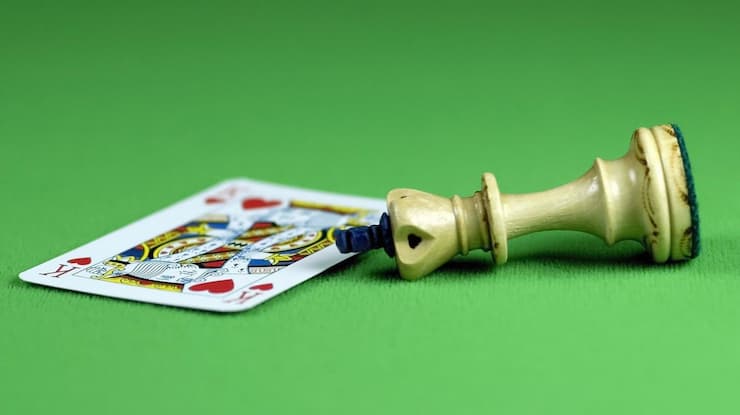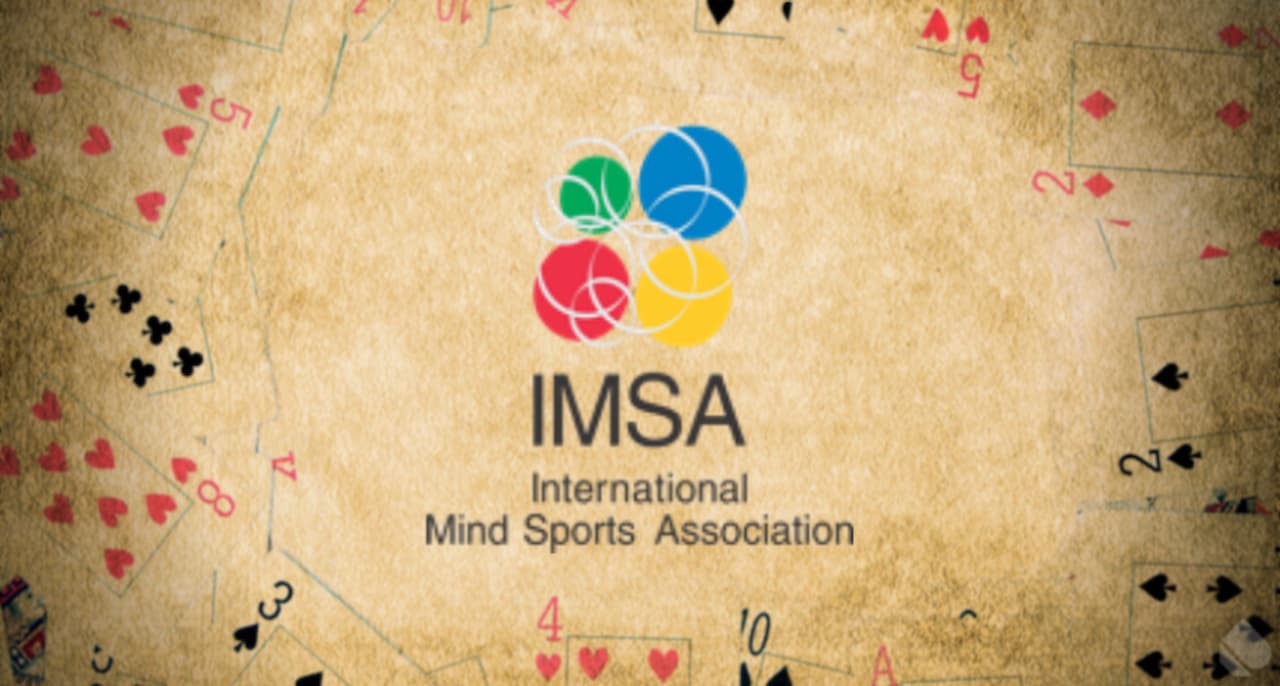There has long been a debate within the poker world around one single question. Is poker a sport? On November 16th that question was answered, somewhat.
The International Mind Sports Association (IMSA) declared poker a mind sport after a vote and officially added it to the IMSA list that recognizes mind sports.
Poker joins a list that also includes bridge, chess, mahjong, and Go. Poker is now classified as a mental sport requiring skill, strategy and focus. For those new to the game, learning how to play Texas Hold’em, the most popular poker variant, is an excellent starting point.
This recognition for poker did not come without effort as it took a long campaign by the World Poker Federation (WPF), which includes 5 continents and 49 countries. For players looking to explore poker opportunities worldwide, the best offshore poker sites offer access to a wide range of games and international competitions.
The successful campaign took much planning and research to get poker included on a list with other mind sports that have a very long history.
Subsequently, the WPF celebrated the recent triumph.

“We have achieved something today that is both unprecedented and definitive,” said WPF President Igor Trafane, pictured above, right, with IMSA CEO Geoffrey Borg.
“Our mission now is to build the foundation that every major sport already has: standardized regulations, professional pathways, player protections, and international competitions.”
Part of this includes proper training, such as learning how to deal poker for live tournaments and games.
“The World Poker Federation was built on the belief that, by joining forces, we can amplify our impact and protect the game we love,” Trafane added.
Why is this important?
One may ask why is it important that poker be considered a mind sport by an official association. It starts with the long battle that poker has with legalization in various parts of the world.
In most countries and jurisdictions, poker is legally considered a game of chance and therefore subject to strict regulation. There is also the mainstream idea that poker is gambling and with that often comes a negative connotation that most people have towards poker. The average citizen will usually think of poker as a gambling game of chance that is subject to the whims of luck, such as slots or the lottery.
But by classifying poker as a mind sport, it can help start to change that perception. If poker is more closely associated with chess, which has a generally positive connotation in the general public, it can increase poker’s prestige.
Hopefully, this designation can help change laws that currently classify poker as a game of chance and potentially push for more legalization, now that it’s officially recognized as a strategy game.
Changing the Perception
Changing the perception of poker will not happen overnight. It will take a concerted effort from poker rooms and online poker sites around the world to promote the idea of poker as a game of strategy.

This may require a little less promotion of money numbers, as that tends to lean more into the idea of it being gambling.
Obviously, the idea of poker, especially poker tournaments, is to win money – like Dylan Smith’s 2024 WPT RRPO win for $662,200.
While many players only care about the money, but there is still a large subsection of players who love the strategy and the competition even more. That backs up the idea of it being correctly classified as a mind sport.
This designation by the IMSA is a good thing for poker. This decision should be marketed in an attempt to ultimately move poker into the same conversation as games like chess.
